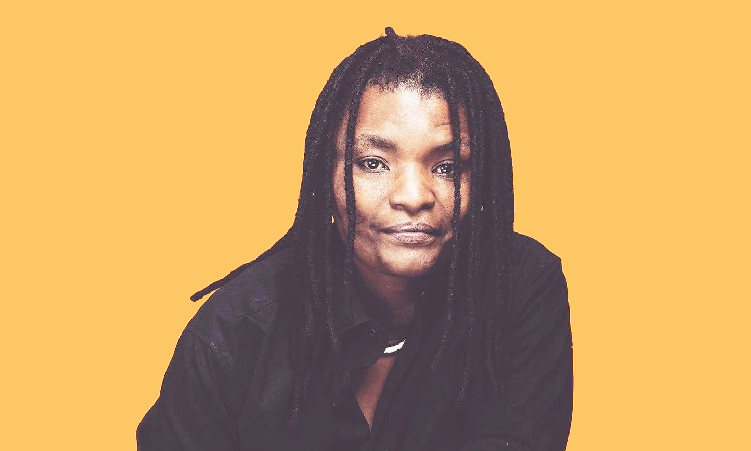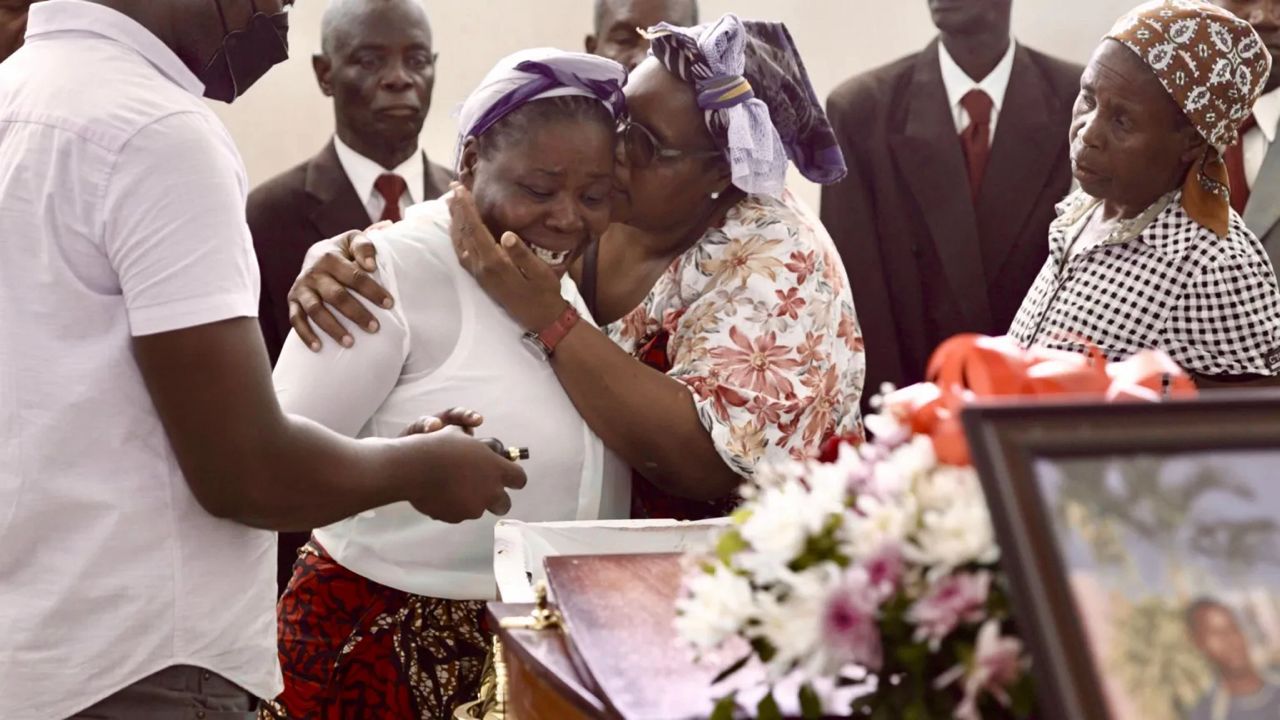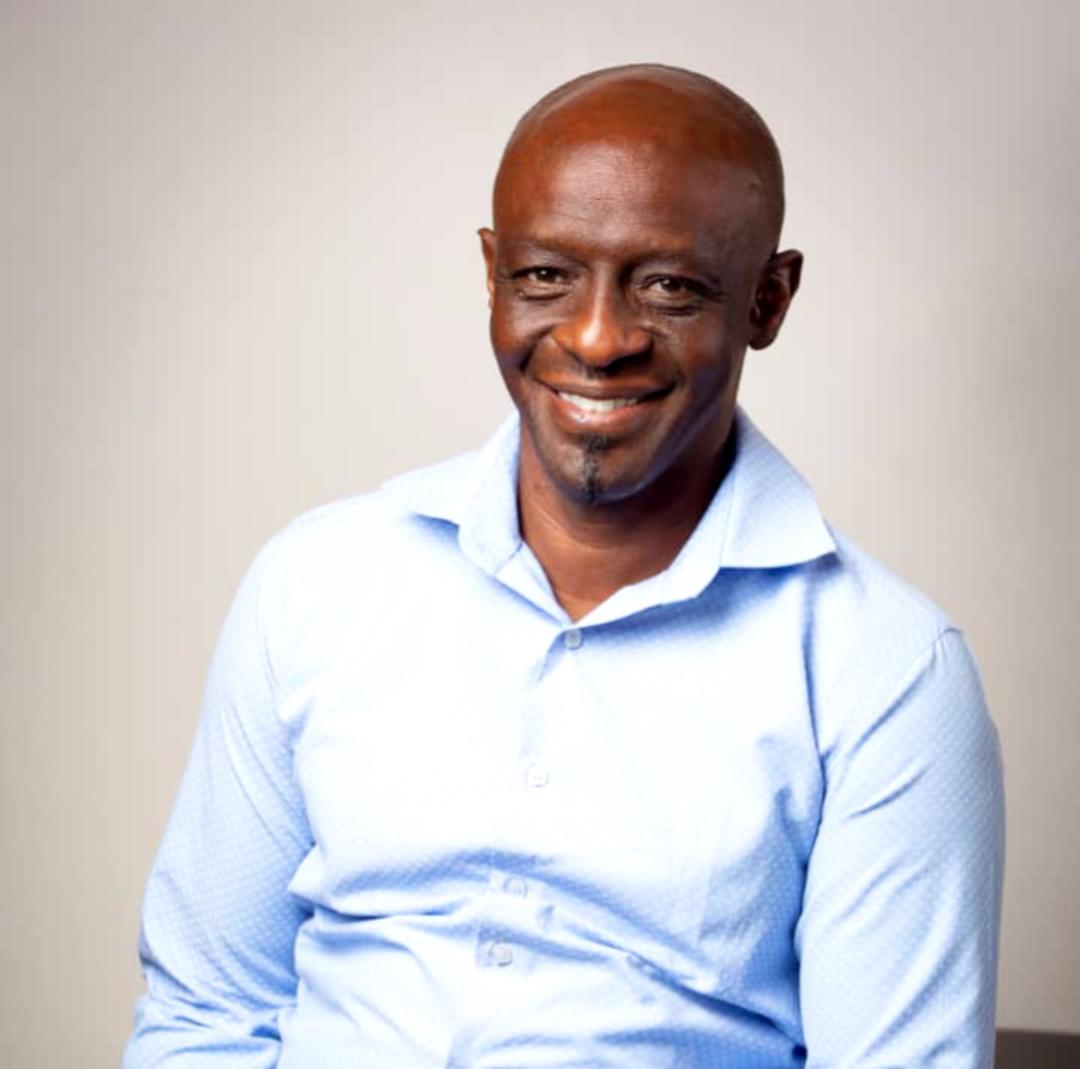Reflecting on International Day Against Homophobia, Biphobia, and Transphobia (IDAHOBIT), transgender woman Deyonce !Naris says it is important that the government and, society at large, recognise members of her community as human beings deserving of protection like any other citizen.
IDAHOBIT, observed annually on 17 May, seeks to organise global events that bring attention to the abuse faced by the LGBTQI+community and spark interest in LGBTQI+ rights advocacy across the globe.
!Naris says the recent killings of LGBTQI+ members in Namibia is fuelled by the rising anti-gay sentiments in the country.
“It is at this point in time that I would like to appeal to my siblings, to my mothers, to my sisters, that I am a human being, that I come from you, that I come from a household where I deserve love and protection,” !Naris says.
She says it is equally important that the government recognises that they are human beings that deserve protection.
!Naris reminds the public to not be distracted by politicians ignoring actual issues.
“We, as LGBTIQI+ people, are being scapegoated, so that you don’t get to focus on the high unemployment rate in this country, the high amount of corruption in this country and all these other instabilities that we are facing,” she says.
!Naris says it is time for Namibians to unite as a nation, to support each other and show each other love.
“For me to feel safe, you need to feel safe,” she says.
Gender and human rights activist Linda Baumann says IDAHOBIT marks the realities experienced by the LGBTIQI+ community on a daily basis, adding that the amount of homophobia, biophobia and transphobia is a great challenge.
“If we are a country that protects the rights of all people and we are functioning on the basis of equality and non-discrimination, then the time has come for political leaders in this country to position themselves, because the amount of hate and violence towards us as people is unacceptable,” says Baumann.

She says they are part of communities and belong to parents and families, but cannot walk around in the streets without being called names.
“As a Namibian, I call on all Namibians to be reflective, to remember that every person out there has a reason for living,” Baumann says.
“My preference might not be yours, but what brings us together is the commonalities and challenges that we experience,” she says.
Baumann wishes for her voice to matter as a lesbian woman, and to be included, to be respected and to get equal treatment at all times.
“I am calling upon all Namibian leaders to really ensure that hate speech, hate crimes and homophobia, biphobia and transphobia come to an end in this country of ours,” she says.
Legal Assistance Centre director Toni Hancox says while the introduction of protective legislation for LGBTQI+ rights is needed, effective implementation of this legislation is paramount.
“Legislation is never going to change anything if there is no change in the culture of the country. Legislation needs implementation, the thinking of people needs to change,” Hancox says.
Meanwhile, the United Nations Programme on HIV and AIDS (UNAIDS) is calling on governments everywhere to protect the human rights of LGBTQI+ people.
The organisation says protecting the human rights of every person is essential for protecting public health, because it enables inclusive and equitable access to health services without discrimination.
UNAIDS executive director Winnie Byanyima says stigma, discrimination and criminalisation can be lethal.
“In the response to HIV, we have learned that a human rights-based approach is critical in responding to a health crisis and leaving no-one behind. Countries must remove these discriminatory criminal laws and introduce legislation which protects rights, if we are to end AIDS as a public health threat for everyone,” Byanyima says.
Stay informed with The Namibian – your source for credible journalism. Get in-depth reporting and opinions for
only N$85 a month. Invest in journalism, invest in democracy –
Subscribe Now!






